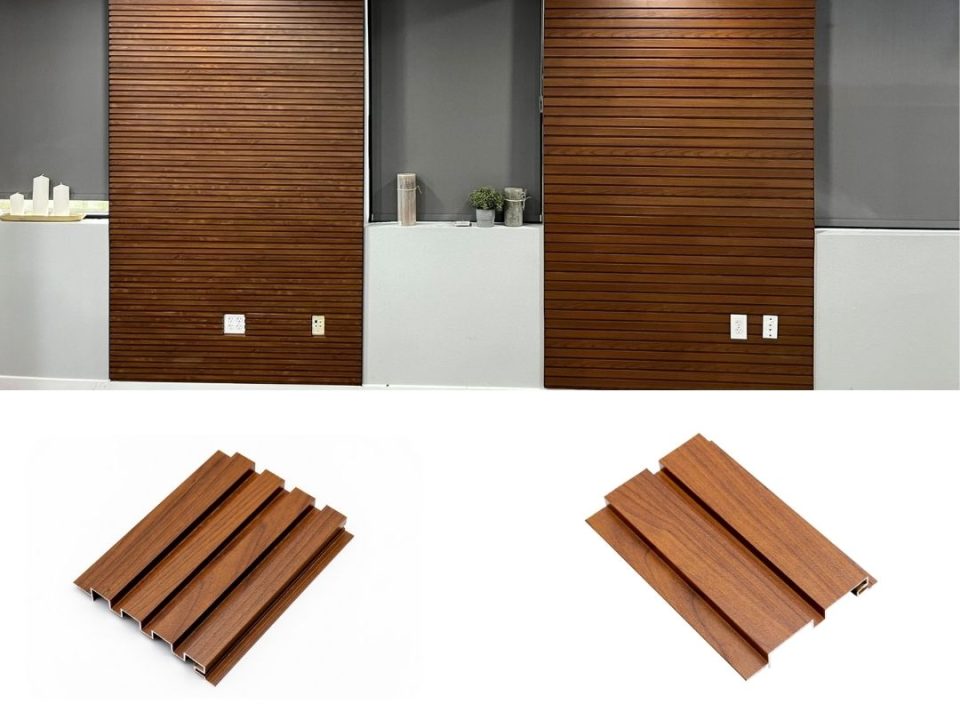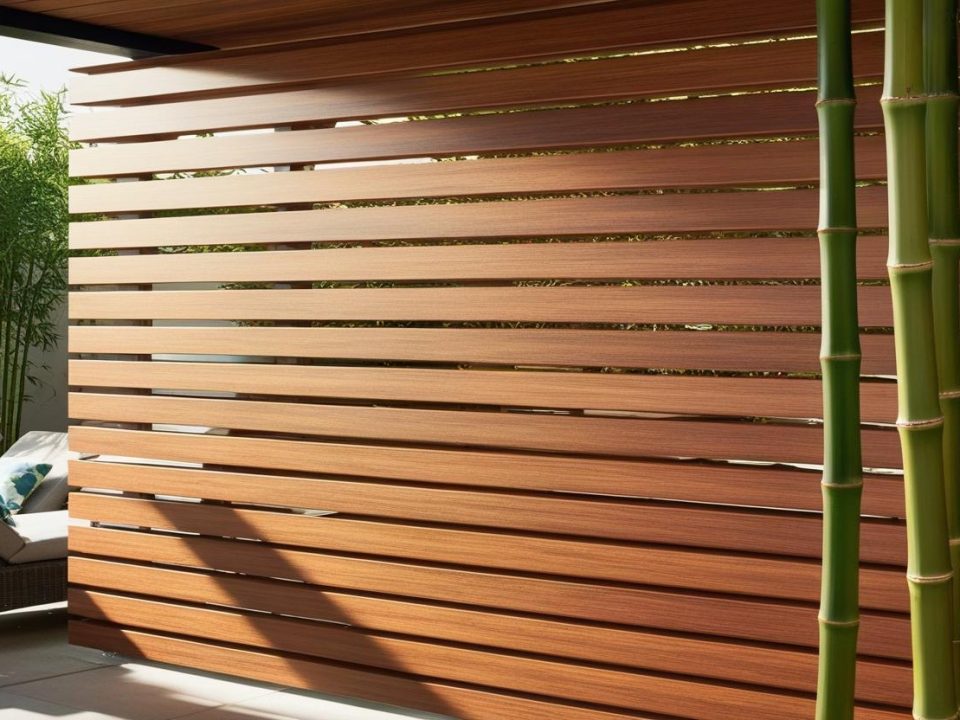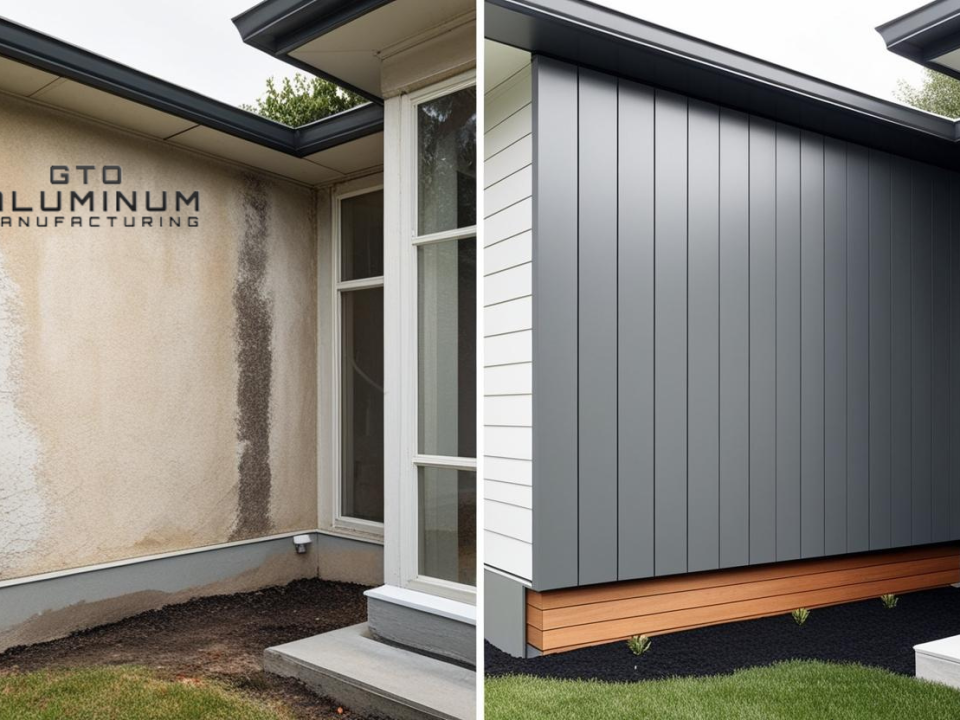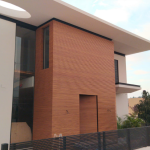
Aluminum Cladding Maintenance Tips: 5 Ways to Keep Your Installation Looking New
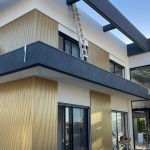
Does Aluminum Cladding Get Hot?

Aluminum cladding, a popular choice for modern construction, is not only known for its aesthetic appeal and durability but also for its significant safety features.
Among these, fire resistance stands out as a crucial aspect, especially in light of increasing concerns about building safety standards.
At GTO Aluminum, we prioritize the safety of our clients and their properties, and in this blog, we will delve into the fire resistance and other safety features of aluminum cladding.
Fire Resistance: Standout Safety Feature of Aluminum Cladding
Aluminum’s inherent fire resistance is one of its most commendable safety characteristics. This metal does not burn and is classified as a non-combustible material.
When exposed to intense heat, aluminum cladding does not release harmful toxins or gases, a critical factor in ensuring the safety of occupants in the event of a fire.
Here’s what makes aluminum cladding a safe choice:
- High Melting Point: Aluminum has a melting point of approximately 660°C (1220°F), significantly higher than the temperatures typically encountered in building fires. This property ensures that the cladding remains intact and does not contribute to the spread of fire.
- Non-Combustible Nature: Unlike some building materials that can ignite or exacerbate fires, aluminum does not burn. It helps contain the fire by preventing it from spreading to other parts of the building.
- No Toxic Fume Emission: In the unfortunate event of a fire, aluminum cladding does not emit toxic fumes or smoke, which can be a major hazard in enclosed spaces.
Corrosion Resistance Enhances Safety
Corrosion can compromise the structural integrity of building materials, but aluminum cladding is remarkably resistant to corrosion. This resistance is due to the protective oxide layer that naturally forms on the aluminum surface, safeguarding the material from environmental elements.
The benefits of this feature are numerous:
- Long-Term Durability: Corrosion resistance contributes to the longevity of aluminum cladding, ensuring it remains structurally sound over time.
- Low Maintenance: The need for frequent maintenance or repairs is significantly reduced, making aluminum cladding a safe and hassle-free option.
- Weather Resistance: Aluminum cladding holds up well against various weather, including rain, snow, and UV exposure, maintaining its safety and structural integrity.
Impact Resistance for Enhanced Safety
Aluminum cladding offers excellent impact resistance, protecting buildings from various external forces. Whether it’s debris from storms or accidental impacts, aluminum cladding provides an extra layer of safety.
This feature is especially beneficial in areas prone to severe weather or high-traffic environments where accidental impacts are more likely.
Lightweight Yet Strong
The lightweight nature of aluminum cladding is another safety advantage. Its lightweight reduces the load on a building’s structure, which can be crucial in seismic zones or for buildings with limited load-bearing capacity.
Despite its lightness, aluminum is incredibly strong, providing reliable protection without compromising the building’s structural safety.

Safety in Installation and Maintenance
Safety considerations extend beyond the material properties of aluminum cladding to its installation and maintenance. Aluminum’s lightweight and ease of handling make it a safer material to work with, reducing the risk of accidents during installation.
Its low maintenance requirements mean fewer repair and maintenance activities, minimizing the risk associated with these processes.
Customizable for Safety
Aluminum cladding can be customized to meet specific safety requirements. For instance, it can be treated with fire-retardant coatings or integrated with insulation materials that enhance its fire resistance.
Such customization options allow for tailored safety solutions, ensuring that the cladding meets the unique needs of each project.
Sustainable and Safe
Aluminum cladding’s sustainability is indirectly linked to its safety features. Being a recyclable material, it reduces the environmental impact of construction.
Moreover, the use of recycled aluminum in cladding production lessens the reliance on raw materials extraction, which can be associated with hazardous conditions.
Compliance with Safety Standards
At GTO Aluminum, we ensure that our aluminum cladding products comply with relevant safety standards and building codes.
This compliance is crucial for providing our clients with peace of mind, knowing that their cladding choice not only enhances the aesthetic appeal of their buildings but also prioritizes safety.
Embrace Safety with Aluminum Cladding: The Ultimate Choice for Modern Construction
Aluminum cladding stands out as a superior choice for modern construction, not just for its aesthetic and functional attributes but also for its comprehensive safety features.
Its fire resistance, corrosion resistance, impact resistance, lightweight yet strong nature, safety in installation and maintenance, customizability, sustainability, and compliance with safety standards make it a wise choice for any construction project.
By choosing aluminum cladding, you’re not just making a statement in style; you’re also committing to safety.
Trust GTO Aluminum to provide you with aluminum cladding solutions that bring together the best in beauty, durability, and, most importantly, safety. Contact GTO Aluminum today!


